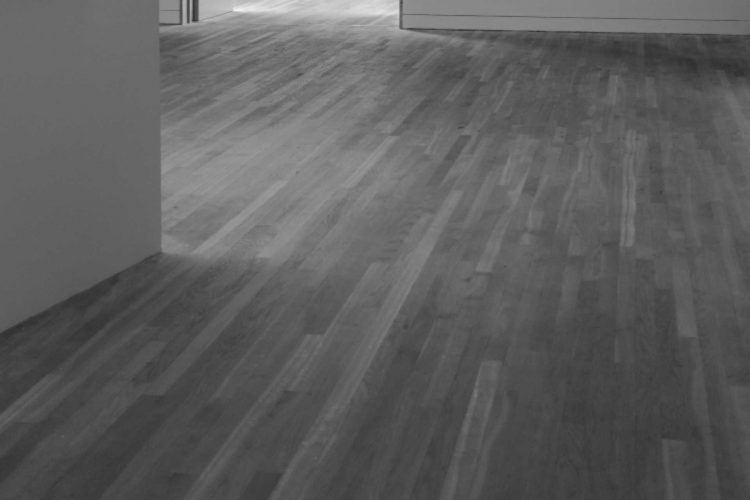
Pros and Cons of Hard Floors
Simply put, a hard floor is any flooring that isn’t carpet. These are floors of material that is resilient, durable and resistant to wear. Should you want to build a new home or renovate an existing one, you might have to choose between luxury vinyl planks, laminate, engineered or solid hardwood floor. So, what characteristics of these hard floors should you keep in mind?
Luxury Vinyl Plank (LVP)
Luxury Vinyl Planks have manufactured flooring products that resemble wooden floorboards. LVP is a composite material comprising many layers, including a bottom flexible PVC layer, a water-resistant core in the middle, a top vinyl layer printed with patterns and colors, and a wear layer that shields the plank from scuffs and stains.
Pros
- Luxury vinyl planks give the looks of hardwood planks and the durability qualities of vinyl at a lower cost than most hard flooring.
- LVPs are waterproof and excellent for wet areas like kitchens and bathrooms.
- Since you do not need to fix Luxury vinyl planks permanently to the subfloor with adhesive rather than interlocked, they are generally strong.
- LVPs are sound absorbent; they produce soft, muffled sound footsteps.
- There is a variety of designs to choose from.
Cons
- LVPs are susceptible to fading in areas directly hit by sunshine, especially where the wear layer is thin.
- The glue used during installation has a strong odor that lingers on long after installation making it impossible to use a room shortly after installation or replacement.
- Replacing LVPs is quite tedious because of glue removal and reapplication.
- Although meant to be “luxury” flooring, LVP can lower the resale value of your property.
Laminate
Laminate flooring is the most popular of all hard floors and the best-selling hard floor material. You can alter Laminates blend natural materials to produce various designs. The laminate is a multi-layer product with a strong HDF board (high-density fiberboard), a photographic appliqué layer, and a protective layer of transparent aluminum oxide on the bottom.
Pros
- Laminate flooring is child and pet friendly because of its high stain, scratch, harsh impact, and wear resistance.
- You can use laminate in exposed areas without worrying about it fading from sunshine.
- Laminate floors are easy to maintain as you do not need to wax or polish them.
- Laminate effectively mutes footfall noise with a specific underlayment.
- Laminate flooring styles come in a wide range to suit any aesthetic requirements.
- Laminates are fixed by a standard glueless floating method making it easy to affix to any floor or existing subfloor, even in a DIY project.
- The surfaces are easy to clean.
- Laminate flooring is 100% recyclable.
Cons
- Given enough time in the water, laminate may warp or otherwise suffer harm.
- Because it is not natural wood, laminate may not increase the resale value of your home.
- One must be careful while installing because a poor installation might cause buckling, tapping damage, inappropriate acclimation, and odd noises.
Engineered Floor
An engineered floor is a composite of polymers, multi-thin layers of condensed wood, and resin, topped with layers of natural hardwood. Typically, they make the top and bottom layers are entirely with natural wood. Also, they fast and snap Engineered hardwood into place through grooves on each side of the wood planks.
Pros
- There are two ways to install the planks: stapling/glueing them down or floating them.
- You can install it on a different flooring, including tile, linoleum, concrete, or even natural hardwood, without fastening it to the floor underneath.
- Engineered hardwood comes in many designs and styles, from traditional to customized designs.
- You can sand and refinish engineered hardwood multiple times, but only if the top layer is thick enough.
Cons
- Engineered floors are not waterproof and should not be used in areas with excessive humidity or wetness.
- Engineered floors are somewhat noisy, producing a hollow sound when stepped on if installed as a floating floor and a solid sound if installed by stapling the planks.
Solid Hardwood
The thickness of solid hardwood is composed entirely of genuine wood. The boards are secured to the flooring with nails or tongue and groove.
Pros
- Solid hardwood is authentic, making it the most desired home flooring option.
- Solid hardwood floors can be sanded and refinished numerous times over their lifetime.
- Hardwood is highly long-lasting and ageless, lasting between 30-100 years with proper care.
- There are numerous hardwood species, including oak, maple, and walnut.
Cons
- Because solid hardwood is not waterproof, it is not suggested for areas with high humidity and moisture.
- Solid hardwood flooring is slightly more expensive than all other flooring options.
There is no clear advantage to one type of hard flooring over another; you determine your choice by how much you value the relative qualities of each, the use of your space, and possibly aesthetic needs.
About us
I hope this article makes a difference to you. If you live in Utah and want a free quote of remodeling services, please, click on the link below and complete the form, and we will get back to you!
Review us
Have you ever received one of our remodeling services? Please, review us here:






1 COMMENT
Kristina Kaszoni
August 23, 2022, 9:40 pm REPLYReally impressive, keep up the good work. Thank you so much for sharing.